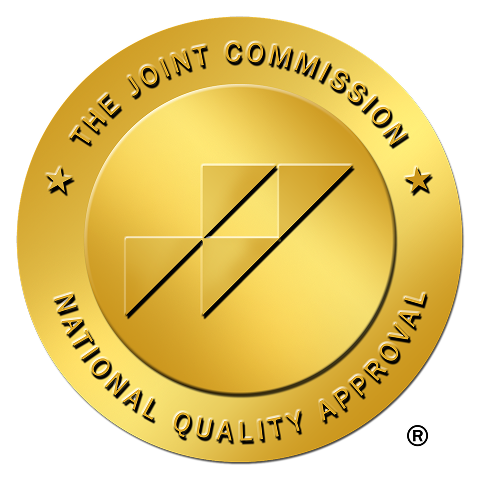Suicidal Ideation Treatment at Overstory Health
Suicidal ideation involves thoughts of ending one’s life, ranging from brief to detailed plans. It is a serious symptom of some mental health conditions and carries significant risk of progression to actual suicide attempts if not immediately addressed.






Passive suicidal ideation
Having thoughts about wanting to die but without a specific plan or intent to act on them.
Active suicidal ideation
Thinking about or planning a way to end one's life, often with a sense of intent to carry out the act.
Suicidal ideation with intent
Thinking about suicide and having a clear plan or desire to act, with a higher risk of attempting suicide.
Acute suicidal ideation
Sudden, intense thoughts about suicide, often triggered by immediate stressors or crises.
Chronic suicidal ideation
Ongoing thoughts of death or suicide, often present for extended periods and associated with long-term mental health issues.
Comprehensive Care Tailored to Your Needs
Our programs, known as Intensive Outpatient (IOP) and Partial Hospitalization (PHP) Programs, offer an intermediate level of care best suited for those in need of greater support than standard weekly therapy but without requiring a hospital stay. We provide:


Our Approach to Intensive Therapy
Overstory offers expert-reviewed, flexible, and compassionate mental health care tailored to individual needs, with personalized goals and whole-person support.


The Overstory clinical model has been reviewed by a multi-disciplinary team of clinician experts at McLean Hospital.

We offer both in-person and virtual treatment for those in our care, giving you the flexibility to choose what's right for you and your schedule.

Each one of our clients is consulted about individual needs outside of chronic mental health challenges to ensure whole-person care.

We work with you to set treatment goals and monitor your progress, but we recognize that "success" isn't one-size-fits-all. We’re here to define success together.
Frequently Asked Questions
Suicidal ideation can present in any person with any diagnosed or undiagnosed mental illness. It can because by a combination of mental health conditions like depression, anxiety, or bipolar disorder, along with life stressors, trauma, feelings of hopelessness, or a lack of social support.
Suicidal ideation is relatively common, with studies showing that about 5% of adults and 15-17% of adolescents experience or have experienced thoughts of suicide. While suicidal ideation may be common, it is indicative of requiring immediate support.
Through evidence-based individual therapy, facilitated group therapy, medication management, and a non-judgmental environment, Overstory’s programs treat suicidal ideation.
An Intensive Outpatient Program (IOP) helps treat suicidal ideation by providing structured treatment with multiple weekly sessions, focusing on individual therapy, group support, and skills development. It offers a more intensive level of care than regular outpatient therapy but allows participants to live at home and continue with daily activities.
A Partial Hospitalization Program (PHP) helps with suicidal ideation by providing intensive therapy and support, including individual and group sessions, to address symptoms, improve coping skills, and improve stabilization. It offers a structured environment during the day while allowing individuals to return home in the evenings, promoting recovery without the need for 24/7 inpatient care.
While everyone experiences random, unwanted thoughts, if thoughts of suicide are persistent, bring a feeling of relief, and are intentional, you should seek immediate help.
Duration in Overstory’s programming will depend on individual need but is expected to last two to six weeks.

